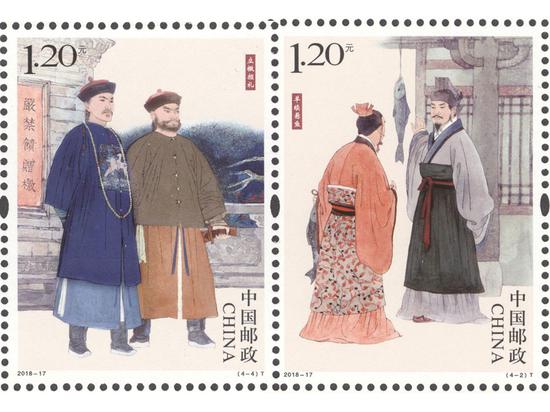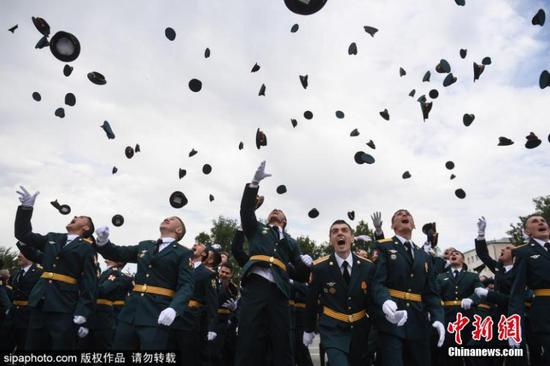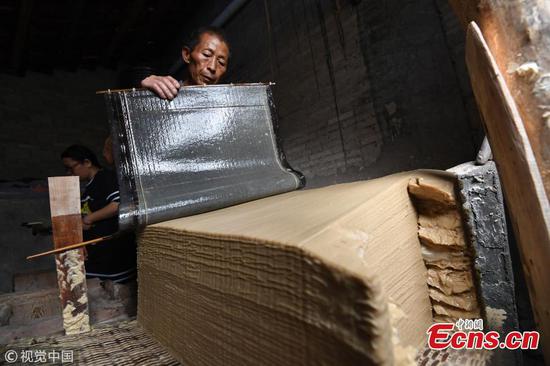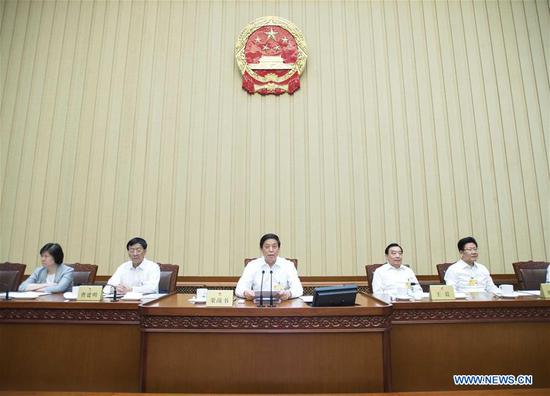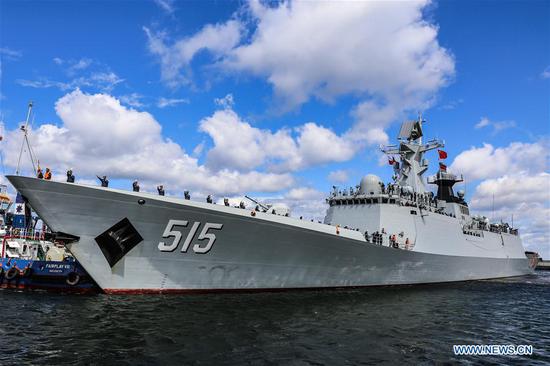U.S. motorcycle maker Harley-Davidson's announcement on Monday to move some of its manufacturing out of the United States is the latest reminder that the Trump administration's unilateral measures to increase tariffs is causing self-inflicted wounds.
The Wisconsin-based company, which U.S. President Donald Trump called a "true American icon" and thanked for "building things in America" in a meeting last February, said it will implement a plan to shift production of motorcycles for EU destinations from the U.S. to its international facilities to avoid retaliatory tariffs.
The decision came a few days after the European Union rolled out tariffs on $3.4 billion of U.S. goods, including motorcycles, in retaliation for U.S. barriers on imports of European steel and aluminum, which in turn triggered threats of further duties on European cars from Trump.
Tariffs on motorcycles Harley-Davidson exported from the U.S. to Europe, its second-largest market, jumped from 6 percent to 31 percent, resulting in an average additional cost of $2,200 per motorcycle exported, the company said in a regulatory filing on Monday.
It said that increasing international production to alleviate the EU tariff burden is not the company's preference, "but represents the only sustainable option". The company's shares closed down nearly 6 percent on Monday.
Trump said in the afternoon that he was "surprised that Harley-Davidson, of all companies, would be the first to wave the White Flag".
"Taxes just a Harley excuse — be patient!" he wrote on his Twitter account.
Experts following the U.S.' escalating trade spat with Europe and beyond are not surprised by Harley-Davidson's choice.
Paul Krugman, the Nobel Prize-winning columnist, said what happened to Harley-Davidson will happen tomorrow on "a lot of other businesses".
"Yes, the U.S. runs a trade deficit. But Commerce still estimates that more than 10 million jobs are supported by exports, and many will be put at risk, so will jobs in many U.S. companies that rely on imported inputs," Krugman tweeted on Monday.
Chad P. Bown, Reginald Jones Senior Fellow at the Peterson Institute for International Economics in Washington, said the costs to the U.S. of its own trade policy actions are accumulating.
"Trump's tariffs on inputs like steel, aluminum, or the hundreds of 'parts' on the Section 301 list feed into U.S. production, frequently through cross-border supply chains," he said in an analysis. "Raising the prices of intermediate inputs raises the costs to downstream U.S. industries and makes American firms less competitive both in the North American and global markets."
Trump's tariff on steel imports has caused Mid Continent Nail Corporation in Missouri, the largest such enterprise in the country, to lose about half of its business in two weeks.
"The company employing 500 people earlier this month has laid off 60 temporary workers. It could slash 200 more jobs by the end of July and be out of business around Labor Day," Missourinet.com reported on Friday.
Last Wednesday, German automaker Daimler AG said it had lowered its 2018 earnings outlook, a change that it says is partly due to increased import tariffs for U.S. vehicles in China, according to The Associated Press. It said Daimler produces vehicles in the U.S..
Harley-Davidson is the latest example of how businesses are finding themselves in the crosshairs amid brewing trade fights between the U.S. and its major trader partners. It also proves that winning a trade war isn't that easy.
It could be anticipated that more businesses, consumers, as well as farmers will increasingly feel the brunt of the tit-for-tat imposing of tariffs — this will happen in Europe, China, and unexceptionally, the U.S..
In commenting on the "strong concern domestically" arising from the Trump administration's trade policy, a Chinese Ministry of Commerce spokesman said last Thursday, "China hopes the United States can take seriously the voices of all parties and get back to the right track."
With the dominant player in the U.S. motorcycle market hitting the road of shifting production from the U.S., it is time for policy makers to put a brake on reckless measures and swerve to move ahead cautiously and rationally.















